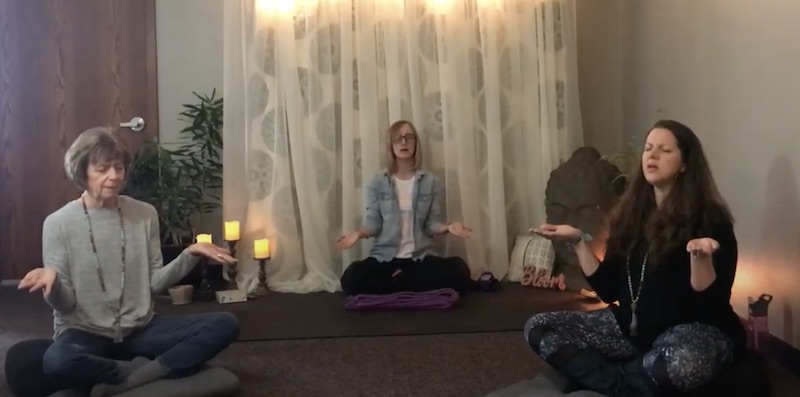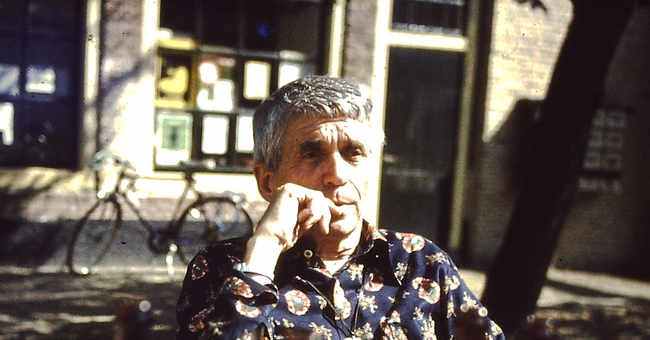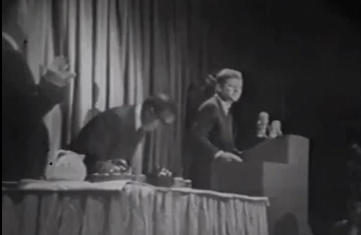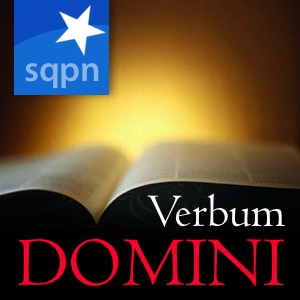 I began chanting the Sadaksara occasionally from the time I first obtained a Tibetan mala many years ago. Over the past year, as I took up the daily practice of meditation, I have alternated between it and the Adi Mantra (which we learned from Chand Shiva Singh, our Kundalini Teacher).
I began chanting the Sadaksara occasionally from the time I first obtained a Tibetan mala many years ago. Over the past year, as I took up the daily practice of meditation, I have alternated between it and the Adi Mantra (which we learned from Chand Shiva Singh, our Kundalini Teacher).
As my wife, Claudia, began her daily practice, she first used the Kirtan Kriya and then the Siri Gaitri Mantra.
Although all of these mantras have deep spiritual significance, none of them invoke (or make reference to) particular deities.
Over the past few weeks, though, I have been learning about the rich devotional tradition of bhakti. Much of that practice centers on repeating the names of various Hindu gods and goddesses.
Raised, as I was, in an Evangelical Protestant Christian home, I was taught that this sort of activity is akin to devil worship. Even the reverence of Christian Saints practiced by Roman Catholics was considered to be idolatry in our church. When I became Catholic, it took considerable study and soul searching for me to overcome this knee-jerk aversion stemmed in my upbringing.
The Catechism of the Catholic Church says that an idolater is someone who “transfers his indestructible notion of God to anything other than God.” Most Catholics, I suspect, would take this to be a prohibition against reverence to any god with a name coming from a tradition other than that of Judaism and Christianity.
Here is what I have come to believe. Our notions about God, and our faith traditions, are limited by our human capacities. Although we Catholics believe that scripture is inspired, we must also accept that the human beings who wrote the scriptures experienced the same limits of language and culture that we ourselves face. We are all trying to understand and describe something that is far beyond our ability to comprehend and convey. We can have an experience of the divine, but we can only approximate that experience when we try to conceptualize or describe it.
All of the world’s major religions have something to add to our understanding of why we are all here, and how we ought to pursue our lives. For me, Christianity in general, and Roman Catholic Christianity in particular, do better on the whole in the tasks of informing my conscience and nourishing my spirit – but I did not become Catholic because I believe that our teachings reveal the “one and only truth.” I do believe that there is truth to be found in the teachings of the Catholic Church, and in the way that we worship and work together. But this does not mean that we cannot also be nourished by the practices, and guided by the wisdom, of other religious traditions.
One of the great lights of kirtan in our age, Krishna Das, says that the practice of bhakti is singing to the loving presence that is always present within us and around us. “This loving presence may be called by all these names.”
In recent days, I have found great nourishment and comfort in singing the names of Rama, Sita, Hanuman, Krishna, Radha, Durga, Shiva – the list goes on and on. These names, for me, represent aspects of God, not beings who are distinct from God. I believe that learning their stories and chanting their names is another way of bringing more light into my life, and more love into my heart. I suppose that greater compassion will be the ultimate test of whether or not this is true.
All One.




